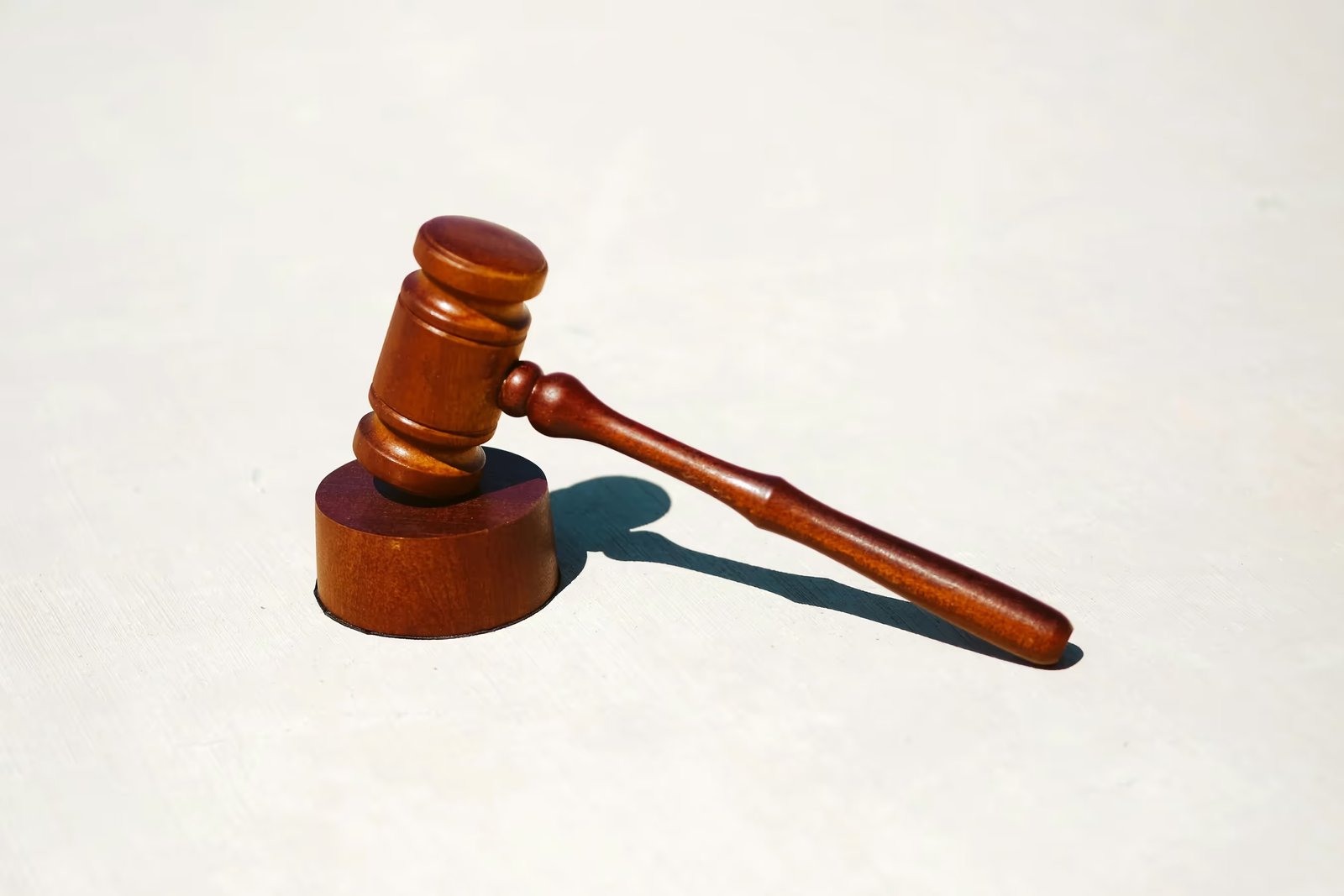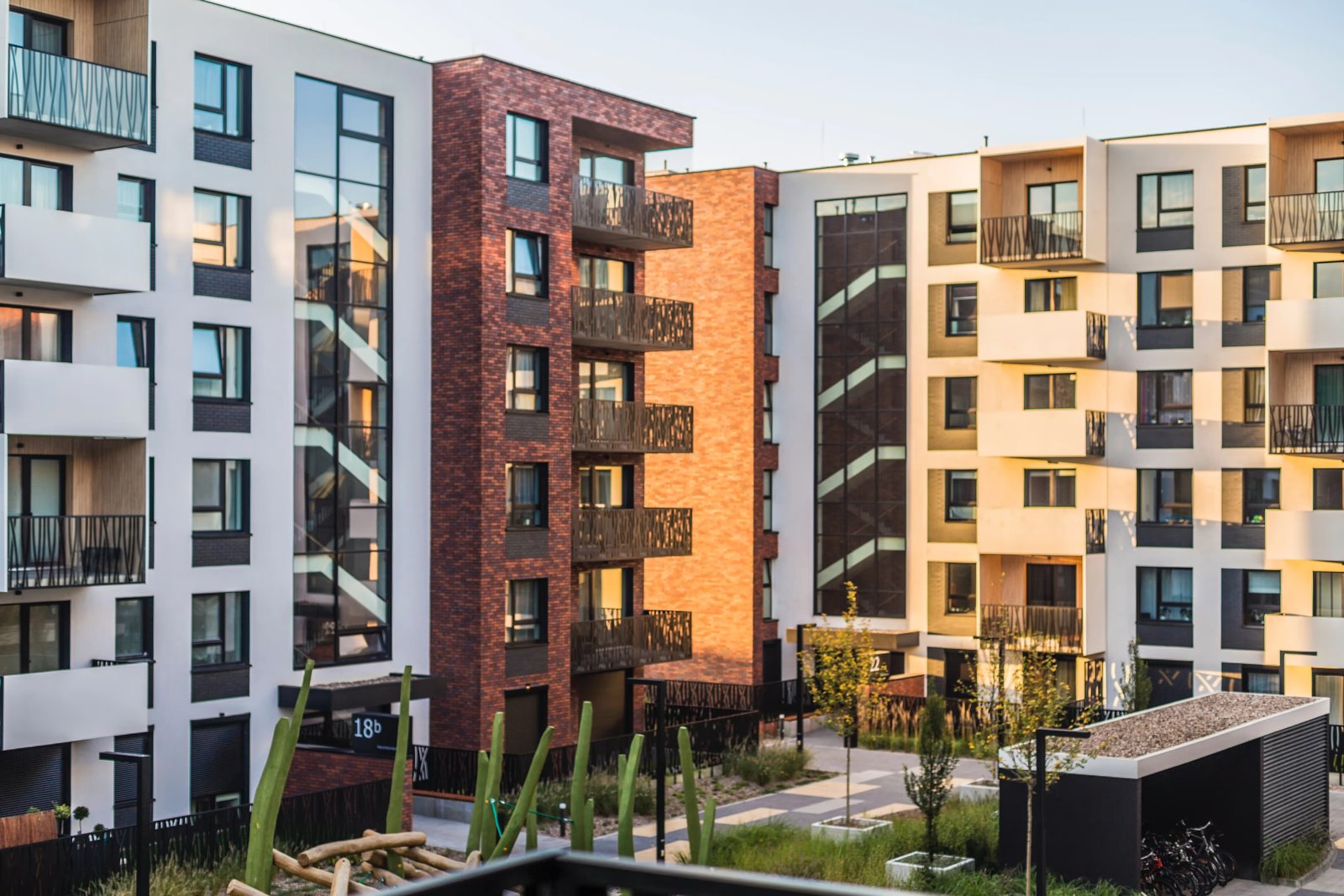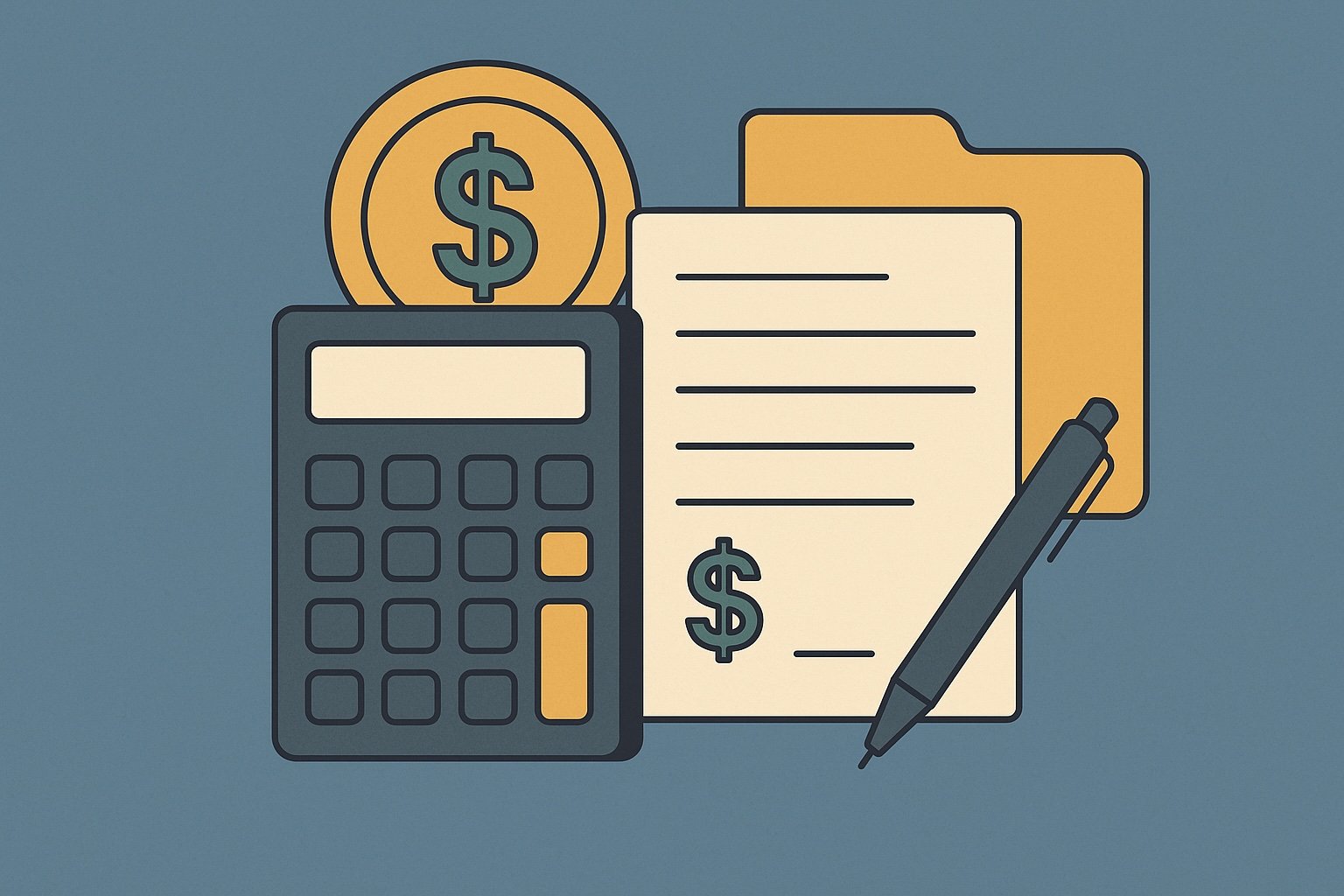Question
ARTE's Answer
Yes, you can use a 1031 exchange to build a house, but there are specific rules and structures you need to follow to ensure the transaction qualifies for tax deferral under Section 1031 of the Internal Revenue Code. This type of exchange is often referred to as a “build-to-suit” or “construction” exchange. Here’s how it works:
In a typical 1031 exchange, you sell a relinquished property and use the proceeds to purchase a like-kind replacement property. However, in a build-to-suit exchange, you can use the exchange proceeds to construct improvements on the replacement property. The key is that the improvements must be completed within the 180-day exchange period, and the property must be of like-kind to the relinquished property.
Here’s an example to illustrate how a build-to-suit exchange might work, using Deferred.com as your qualified intermediary:
- Relinquished Property Sale: Let’s say you own a rental property valued at $500,000, which you decide to sell. You engage Deferred.com as your qualified intermediary to facilitate the 1031 exchange. We will hold the proceeds from the sale of your relinquished property.
- Replacement Property Identification: Within 45 days of selling your relinquished property, you must identify the replacement property. In this case, you identify a vacant lot where you plan to build a new rental property.
- Construction Process: You have 180 days from the sale of your relinquished property to complete the construction of the new property. During this period, Deferred.com will use the exchange proceeds to pay for the construction costs. It’s crucial that the improvements are completed and the property is in a condition that qualifies as like-kind to the relinquished property by the end of the 180-day period.
- Title Transfer: Once the construction is complete, Deferred.com will transfer the title of the newly built property to you. At this point, the exchange is complete, and you have successfully deferred capital gains taxes on the sale of your original property.
It’s important to note that the entire value of the replacement property, including the land and improvements, must be equal to or greater than the value of the relinquished property to achieve full tax deferral. Additionally, any funds not used for construction or not reinvested in the replacement property may be considered “boot” and subject to taxation.
Using Deferred.com as your qualified intermediary ensures that the transaction is structured correctly and complies with IRS regulations. We handle the exchange proceeds and ensure that all timelines and requirements are met, allowing you to focus on the construction and investment aspects of your new property. Always consult with a tax advisor or legal professional to ensure that your specific situation aligns with 1031 exchange requirements.
Have more questions? Call us at 866-442-1031 or send an email to support@deferred.com to talk with an exchange officer at Deferred.
Sources
- Deferring Losses On The Sale of Property Using 1031 Exchanges
- Rev. Rul. 2002-83 (Related Party Exchanges)
- Goolsby v. Commissioner
- TAM 200039005 (Failed Reverse Exchanges)
- Split Treatment Transactions - Obtaining Deferral Under Section 1031 & Exclusion Under Section 121 (Article)
- What To Do About Exchange Expenses in a Section 1031 Exchange? (Article)
- Starker v. United States
1031 Question? Ask ARTE
Deferred's AI 1031 Research Assistant is trained on 8,000+ pages of US tax law and outperforms human CPAs by 22%+
CHAT NOW
Learn More
See more frequently asked questions about 1031 exchanges








